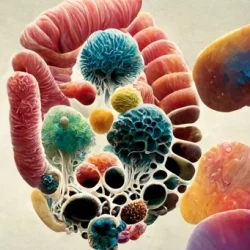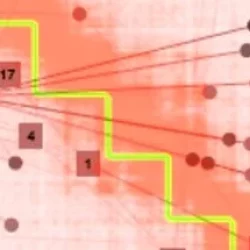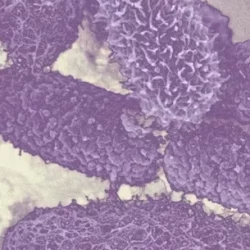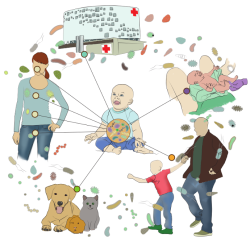We are interested in the co-evolution of humans with their microbiomes. Our basic science investigates the evolutionary history of gut microbes, how they have adapted to life inside humans and how they affect human biology and health.
We are interested in the co-evolution of humans with their microbiomes. Our basic science investigates the evolutionary history of gut microbes, how they have adapted to life inside humans and how they affect human biology and health.




